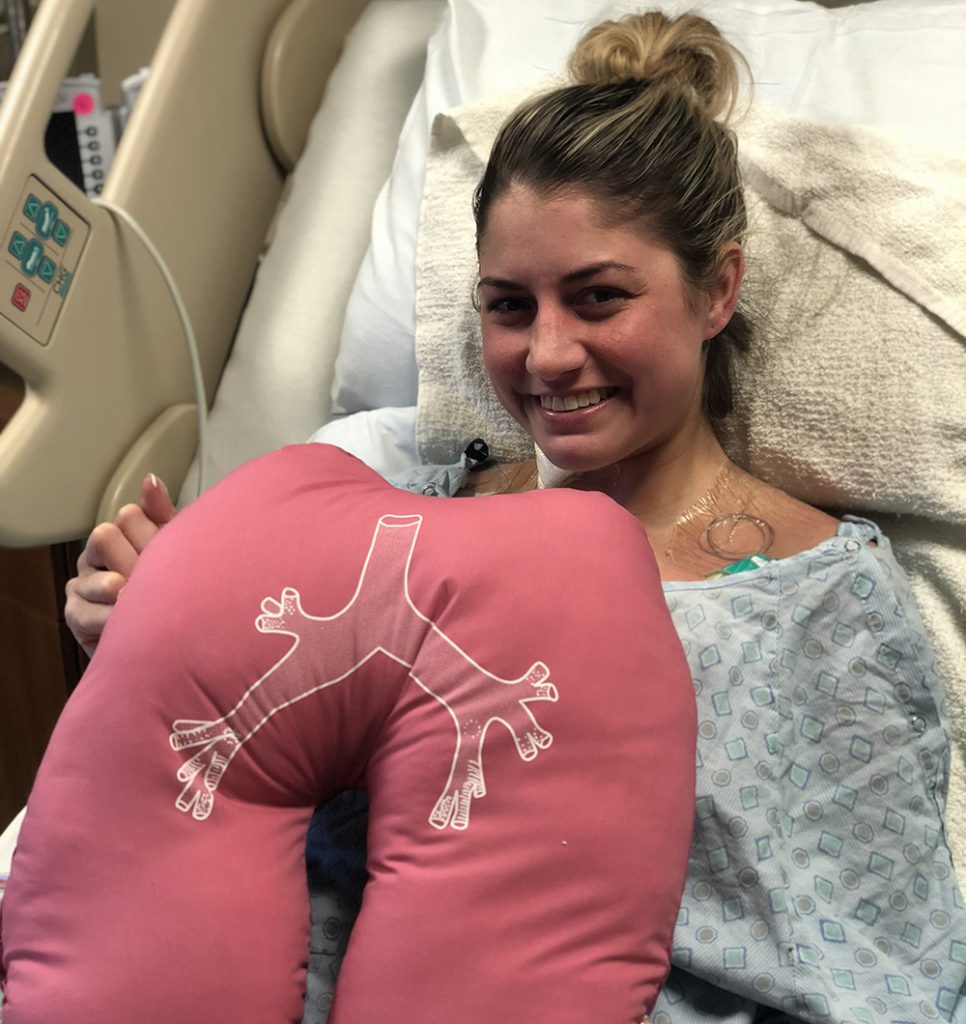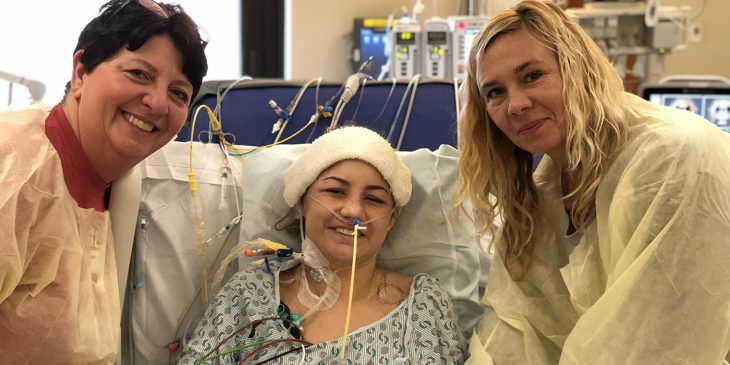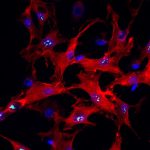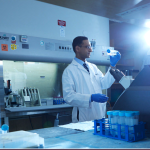Jill Baker was only 5 months old when she was diagnosed with cystic fibrosis.
While growing up, the Delta, Ohio, native said her parents tried to give her a normal childhood. She was even a cheerleader in high school, which kept her lungs active and functional.
“I knew I had to do breathing treatments, but it wasn’t like I was the special one or anything,” said Baker, 28. “I just thought I was a normal kid like everyone else.”
After graduation, Baker’s health started to take a turn for the worse. She was having a hard time keeping up with her friends, and after 10 years, she went from a lung function of 60 percent to just 18 percent.
“That’s the nature of this disease,” Baker said. “It’s unpredictable, and sometimes it can get the best of you.”
When Baker sought care for her rapidly worsening condition, no transplant centers near her would even offer her an appointment, she said. This was due to a particularly aggressive bacterial infection in her lungs known as B. cepacia, which is fairly common among patients with CF.
After doing some research, Baker stumbled upon the Lung Transplant Program at UPMC, and learned that surgeons there might be willing to operate on her, regardless of her infection.
“When I found out UPMC could potentially offer me a second chance at life, it became a resounding ‘Yes’ from me,” she said.
In 2012, Baker made her first appointment at UPMC. Because her lung function was still good enough, she was told she didn’t have a chance of getting on a transplant list quite yet.
After several years of continuous lung function decline, Baker was placed on the waiting list Oct. 30, 2018. Less than a month later, she received the call that doctors had found a match, and it was finally time to get her lung transplant.
“I started crying as soon as they said it,” Baker said. “It was pretty overwhelming. It was sad and scary and exciting, all at the same time.”
On Nov. 1, Baker woke up after a successful surgery with a new pair of working lungs. Dr. Pablo Sanchez, chief of lung transplant at UPMC and her surgeon, explained why Baker’s lung transplant was so special.

“B. cepacia is a very complex bacteria to treat, and only a handful of centers in the world would have considered her a candidate for a lung transplant,” Sanchez said. “At UPMC, she found a perfect combination of skills and care, which in addition to Jill and her family’s determination, made it possible to safely undergo a double lung transplant without complications and leave the hospital within 3 weeks.”
Today, Baker is continuing to heal and is grateful for her new lungs and the care she received at UPMC.
“Everyone was so thorough, and they make me feel comfortable; they’re my family,” she said. “I’m very appreciative of everybody who was there for me.”
Dr. Sanchez said he couldn’t be happier that Jill is ready to begin her second chance at life.
“We are very excited to see Jill doing so well and going back to a life that now is not limited by the length of an oxygen line,” he said. “She’s ready to take on the world, one breath at a time.”
To get more stories like this directly to your inbox, subscribe to our weekly Inside Life Changing Medicine newsletter at bit.ly/upmc_newsletter.









